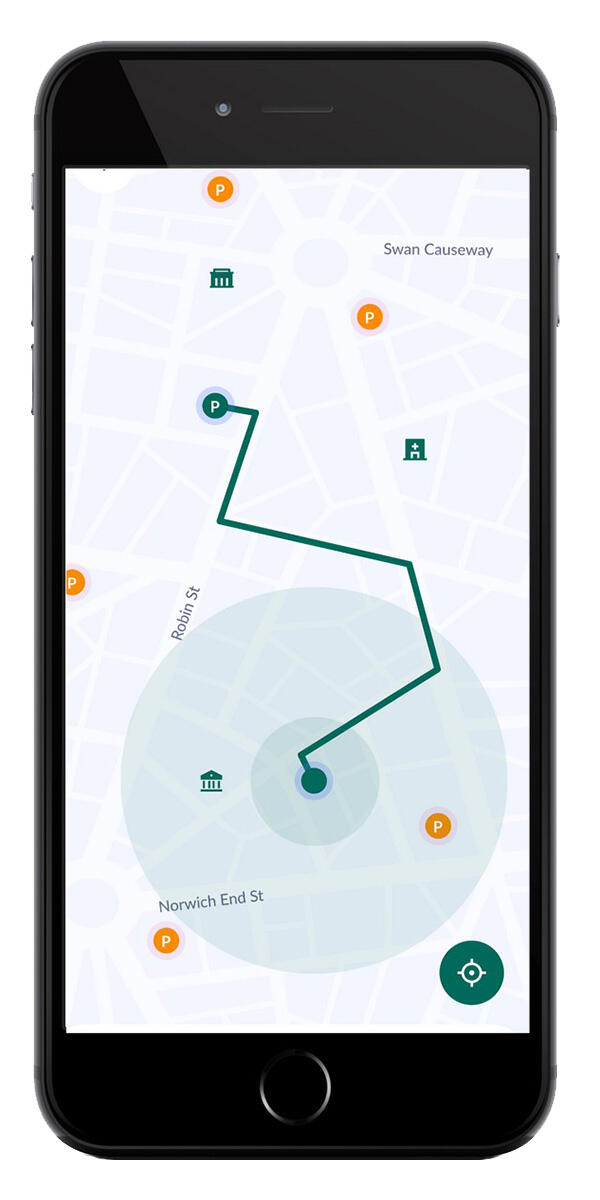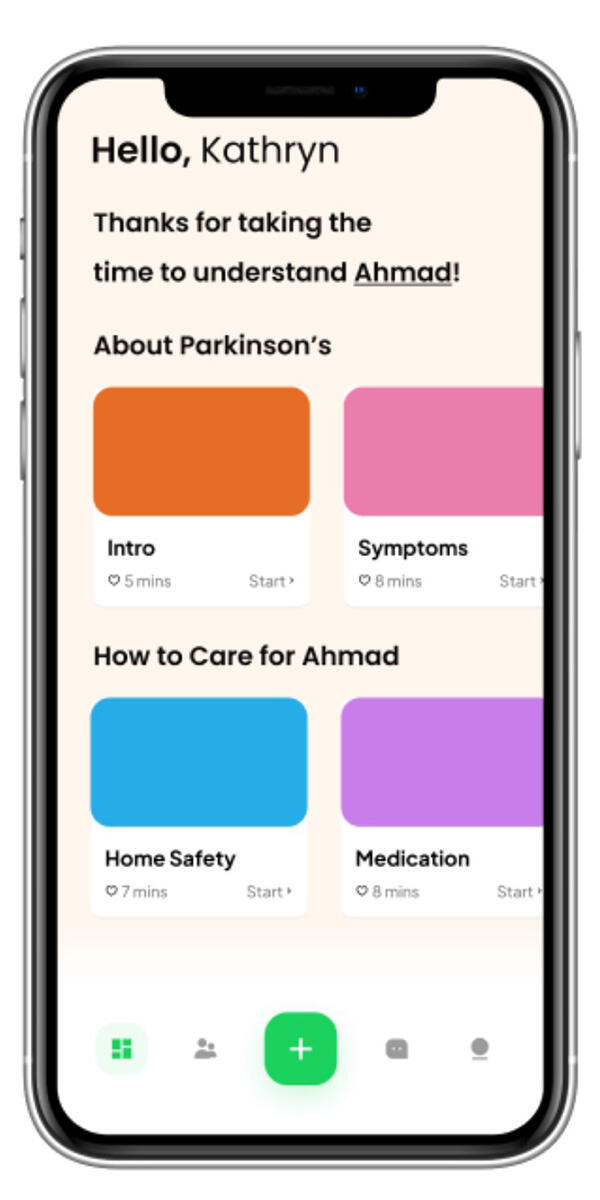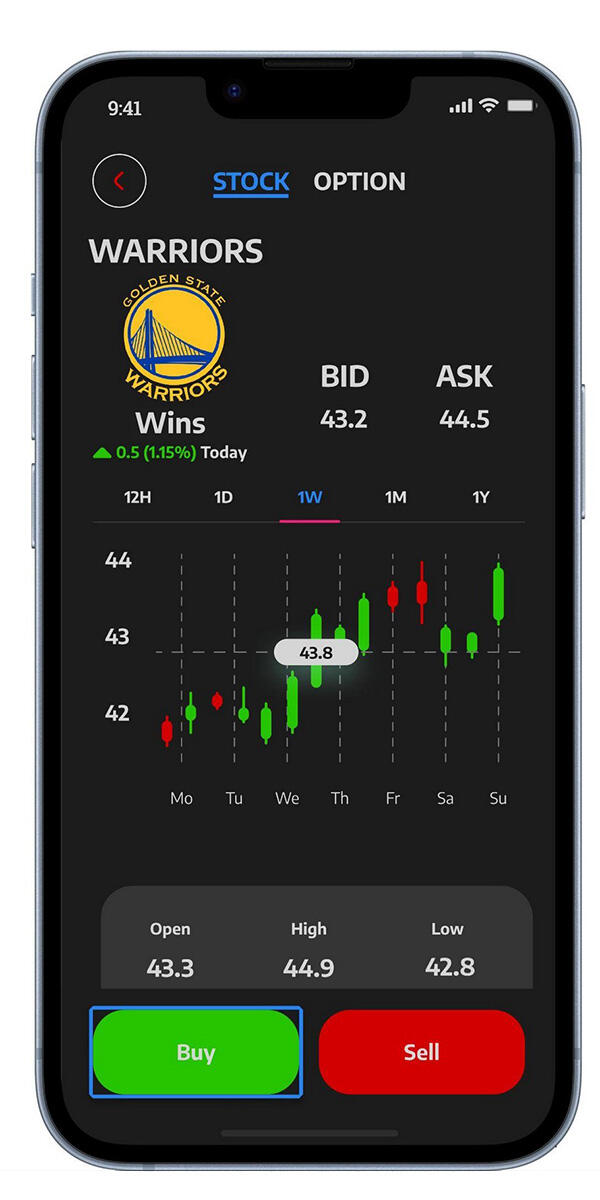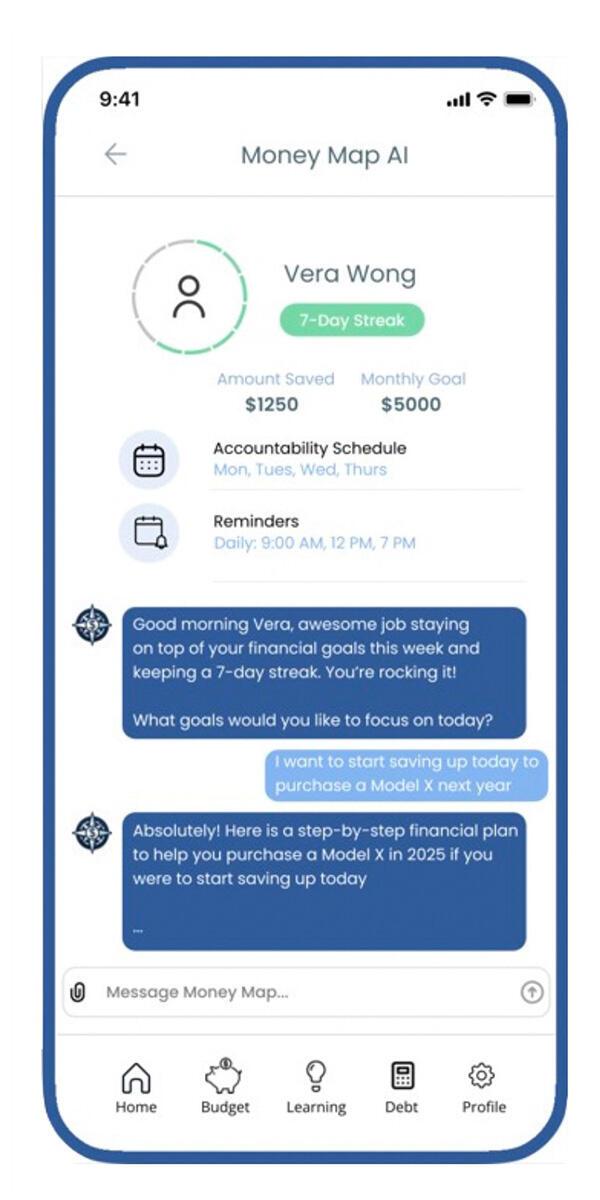
April 25, 2024
Michael Jacobs is a software inventor, entrepreneur, and 2004 sociology graduate who teaches Startup Battle School. The innovative cognitive science course blends a classic M.B.A. curriculum with Jacobs’ business connections. Students use Jacobs’ latest product, Workflows AI, to automate complex tasks for their startups, from conducting financial research to creating slideshow presentations.
Jacobs first discussed his course concept with the Cognitive Science Program in late September. The partnership was sensible: with the rise of artificial intelligence (or AI), Jacobs felt cognitive science students would be well-prepared to understand how humans and computers can work together, and the Cognitive Science Program was seeking new ways to connect students to professional development opportunities. They moved quickly, as entrepreneurs often do, and the course launched the following semester.
“We hope to encourage future social scientists to leverage these new, powerful tools to build a better world,” said Jacobs.
Meghana Ramineni is a Startup Battle School student double majoring in cognitive and data science and minoring in music. She has thoroughly enjoyed her time at UC Berkeley, however, the region’s humidity, air quality, and water hardness are very different from what she was used to back home.
“As an out-of-state student, my environment and hair textures changed completely since moving to Berkeley,” said Ramineni. “I wanted to provide myself the ‘perfect’ hair care routine to target these changes but did not have the right knowledge or stylist.”
Many people who move or travel experience this common hair challenge, yet quick solutions are not readily available. Ramineni and her close friend from class, Jennifer Zhu, co-founded Blossom to address this market gap. The startup aims to build an inclusive and accessible AI-driven service to tailor product recommendations by scanning users’ hair and scalp and analyzing local conditions.
Toward the end of the semester, Ramineni and Zhu pitched their idea on April 22 during class to an expert panel featuring representatives from Google, Y Combinator, Practical Venture Capital, and The House Fund. The investors provided feedback on students’ presentations and debated the viability of advertising versus subscription models. One panelist suggested a potential market opportunity for the Blossom team to use their app to track hair loss, growth, and thinning.
The exercise excited many of the budding entrepreneurs.
“My passion is the thrill of the idea — the first sketch on a blank sheet — and turning those sketches into reality with different minds coming together,” said Ilgin Cevik, who pitched a meal preparation app called HarvestTable with Akansha Jain. “To me, every challenge and problem is a call to adventure, a puzzle to be solved. It's my way of sharing a piece of myself with the world, one innovation at a time.”
Startup projects targeted a range of concepts, from parking reservations to sports betting to vaping reduction. As with Blossom and HarvestTable, many startups sought to leverage artificial intelligence to tailor individual recommendations on health, public speaking, or personal finance.
The course’s students are the first cohort to use Workflows AI, and Jacobs is already planning the second cohort. Though the course finishes in May, Jacobs expects eight of the nine projects to apply for a spot at Y Combinator’s famous startup accelerator, which kickstarted Airbnb, Dropbox, Instacart, and other well-known companies.
“They spent a semester learning about founding startups from various mentors,” said Jacobs, “and have all created concepts worth pursuing.”
Examples of students' prototypes:

Aurora Olaya hopes ParkPulse solves the challenge of finding street parking.

Ardan Giordjie aims to support doctors and caretakers treating neurological diseases with Filia.

Wayson Lee wants to build a sports betting tool, called Wayger, that functions like the stock market.

Vera Wong envisions MoneyMap as an AI-powered personal finance assistant.


